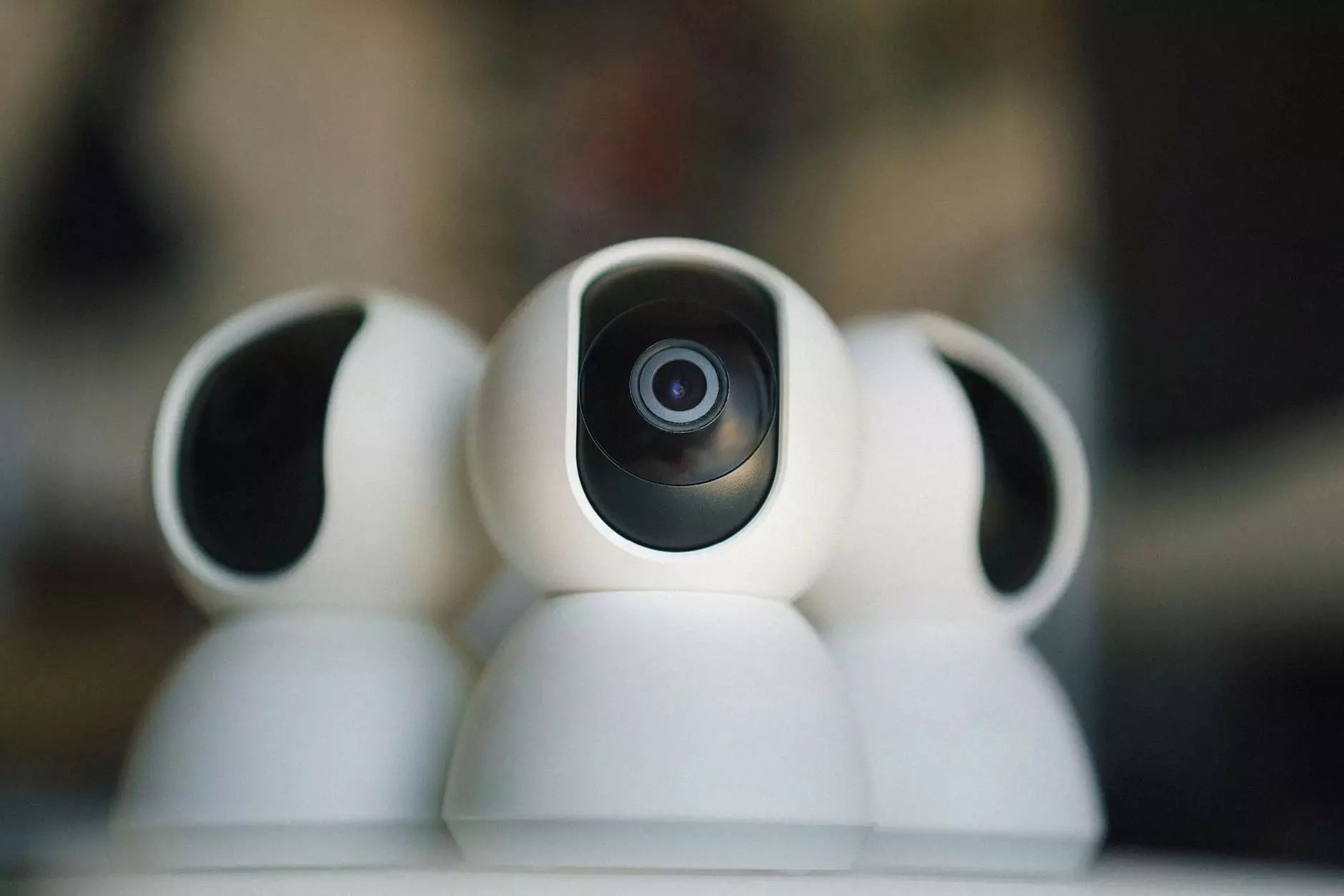The Comprehensive Guide to Car Sensors

In today's automotive landscape, car sensors are pivotal for the functionality, efficiency, and safety of vehicles. From assisting drivers to ensuring optimal performance, car sensors have become indispensable features in modern automobiles. In this extensive article, we delve deep into the various types, functions, advancements, and benefits of car sensors, helping you understand their vital role in the automotive industry.
What Are Car Sensors?
Car sensors are electronic devices designed to measure and monitor various parameters within a vehicle and its environment. They collect data that is critical for the effective operation of the vehicle’s systems, sending this information to the car's onboard computer for analysis. Based on the data received from the sensors, the computer can make real-time adjustments to enhance performance, improve safety, and provide the driver with critical feedback.
Types of Car Sensors
There are numerous types of car sensors, each serving unique functions to ensure the vehicle operates smoothly. Below is a detailed look at some of the most common types:
1. Oxygen Sensors
The oxygen sensor measures the level of oxygen in the exhaust gases. This data is crucial for the engine control unit (ECU) to maintain optimal fuel-to-air ratios, which improves fuel efficiency and minimizes emissions.
2. Mass Air Flow Sensors
A mass air flow sensor (MAF) detects the amount of air entering the engine. This information is necessary for the ECU to balance and deliver the correct fuel amount for combustion, optimizing engine performance.
3. Temperature Sensors
Temperature sensors monitor various temperatures in the vehicle, including engine coolant temperature and transmission fluid temperature. Maintaining these temperatures within a specified range is essential for preventing overheating and ensuring the vehicle operates efficiently.
4. Wheel Speed Sensors
Wheel speed sensors are integral to anti-lock brake systems (ABS) and traction control systems. They monitor the rotational speed of each wheel, helping to prevent skidding during braking and improving overall vehicle stability.
5. Parking Sensors
Parking sensors help drivers navigate tight spaces by providing auditory and visual warnings as they approach obstacles. This technology significantly reduces the risk of low-speed collisions while parking.
6. TPMS (Tire Pressure Monitoring Sensors)
Tire Pressure Monitoring Sensors alert drivers when tire pressure drops below a set level, enhancing safety and fuel efficiency by ensuring tires are properly inflated.
7. Fuel Level Sensors
Fuel level sensors indicate how much fuel is in the tank. By keeping track of fuel levels, these sensors prevent drivers from running out of fuel unexpectedly.
How Car Sensors Improve Vehicle Performance
Understanding how car sensors contribute to vehicle performance is key to recognizing their importance. Here are several ways in which these sensors enhance your vehicle's capabilities:
1. Enhanced Engine Efficiency
Car sensors play a critical role in optimizing engine performance. With precise measurements of various parameters, they allow the engine control unit to adjust fuel injection and ignition timing, resulting in increased fuel efficiency and reduced emissions.
2. Improved Safety Features
Safety is paramount in any vehicle, and car sensors contribute immensely to this aspect. Features like advanced driver assistance systems (ADAS) rely on data from multiple sensors to detect obstacles, warn drivers of impending danger, and even activate emergency braking when necessary.
3. Predictive Maintenance Capabilities
Modern vehicles equipped with car sensors can monitor system health in real-time, predicting maintenance needs before they become critical issues. This proactive approach minimizes the risk of breakdowns and costly repairs, ensuring the vehicle runs smoothly over time.
4. Enhanced User Experience
From infotainment systems that integrate real-time traffic information to automated climate controls that adjust based on cabin occupancy, car sensors facilitate a more enjoyable and seamless driving experience.
The Future of Car Sensor Technology
As technology advances, so too will the capabilities of car sensors. Here are some trends we can expect to see in the years to come:
1. Increased Integration with IoT
The integration of Internet of Things (IoT) technology will lead to vehicles that communicate with external environments and other vehicles. This will enhance traffic management, improve safety, and allow for advanced navigation solutions.
2. Development of Autonomous Vehicles
Car sensors are the backbone of the autonomous vehicle revolution. Future developments will focus on creating more accurate and reliable sensors that can operate in various environmental conditions and enhance decision-making for self-driving cars.
3. Greater Focus on Sustainability
As the world shifts towards greener solutions, car sensors will evolve to improve the efficiency of electric and hybrid vehicles, optimizing energy use, reducing waste, and ultimately contributing to a sustainable future.
Choosing Quality Car Sensors
When it comes to purchasing car sensors, quality matters. Here are some tips to ensure you choose the right sensors for your vehicle:
1. Consider OEM vs. Aftermarket
- OEM Sensors: Original Equipment Manufacturer sensors are made specifically for your vehicle's make and model, offering reliability and perfect fit.
- Aftermarket Sensors: Often more affordable, these sensors can vary in quality. Research and choose reputable brands to ensure longevity and performance.
2. Check Compatibility
Before purchasing, confirm that the sensors are compatible with your vehicle. This can usually be verified through your vehicle's manual or by consulting a professional.
3. Read Reviews and Testimonials
Customer feedback can provide insight into the performance and reliability of specific car sensors. Look for reviews from verified buyers to assess their experiences.
The Importance of Professional Installation
While some car sensors can be installed as a DIY project, it is often prudent to seek professional installation, especially for complex sensor systems. Professional mechanics have the expertise and tools necessary to ensure that the sensors are correctly calibrated and operate as intended.
Conclusion
In summary, car sensors are a critical component of modern vehicles, enhancing performance, safety, and user experience. As technology continues to evolve, the role of car sensors will only grow in importance, paving the way for more efficient, safer, and enjoyable driving experiences. At IMAutoParts, we provide a wide range of auto parts & supplies, including premium car sensors to ensure your vehicle operates at its best. Invest in quality sensors from trusted suppliers to keep your vehicle running smoothly and efficiently.









